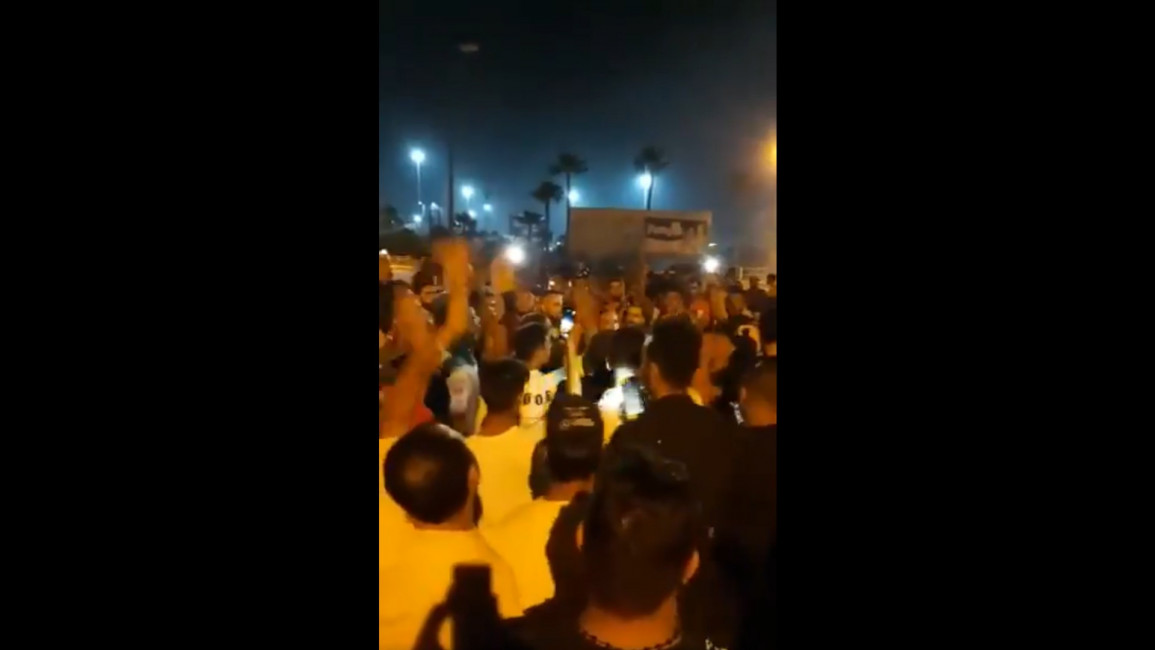Libyans protest poor living conditions in Haftar-held Benghazi
Last month, hundreds of Libyans took to the streets of capital Tripoli and other cities under the UN-supported Government of National Accord (GNA) to protest official corruption, deteriorating economic conditions, as well as extended shortages of power, water and fuel in the oil-rich North African country.
The demonstrations in Tripoli were met with dispersal from government-linked militias using machine guns and vehicle-mounted anti-aircraft guns. Human Rights Watch said the militias also detained, tortured and forcibly disappeared protesters.
The war-torn country is experiencing prolonged power cuts due to a lack of fuel for electricity plants, according to Reuters.
Libya's National Oil Corporation has said the shortage was caused by the LNA's blockade of oil and gas facilities.
|
Also on Thursday, the European Union said it has stopped a ship carrying jet fuel from the United Arab Emirates to Benghazi in an effort to enforce the UN arms embargo on Libya under Operation Irini.
The war-weary country is plagued by water shortages and power blackouts that snuff out air-conditioners in the searing summer heat.
The situation has been compounded by the novel coronavirus pandemic, which has depressed global oil prices and spread in the country despite social distancing measures.
Libya has endured almost a decade of violent chaos since the 2011 NATO-backed uprising that toppled and killed veteran dictator Muammar Gaddafi.
The crisis worsened last year when Haftar, who backs the eastern parliament and is supported by Egypt, the UAE and Russia, launched an offensive to seize Tripoli from the UN-recognised GNA.
Haftar was beaten back earlier this year by Turkish-backed GNA forces and fighting has now stalled around the Mediterranean city of Sirte, the gateway to Libya's eastern oil fields and export terminals.
On August 22, the rival administrations announced separately that they would cease all hostilities and hold nationwide elections, moves welcomed by the international community.
Peacemaking talks between five GNA members and five from Libya's eastern parliament have been underway in Morocco.



